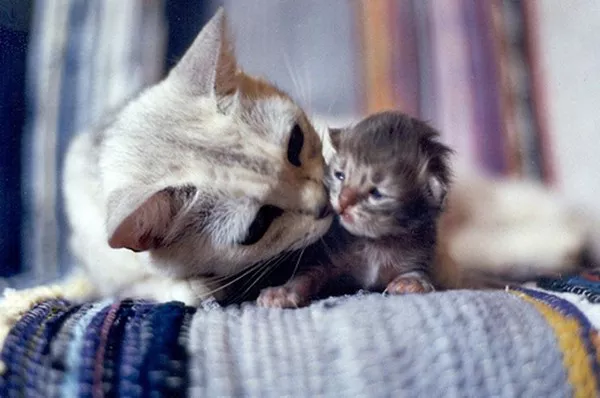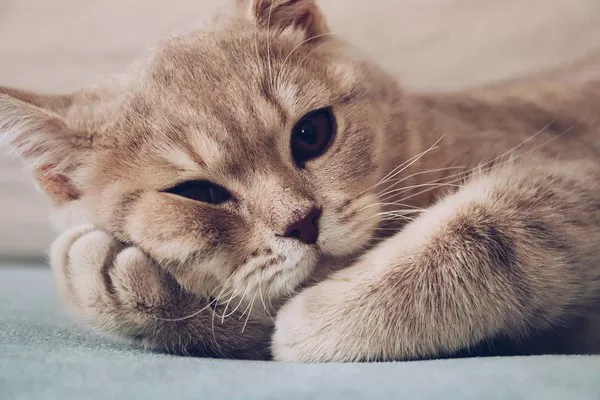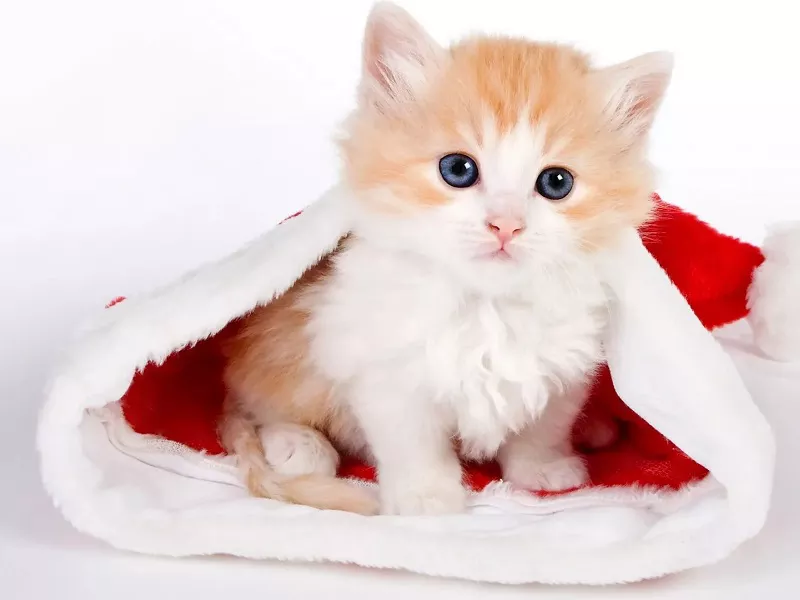Caring for a newborn kitten can be a rewarding but challenging experience, especially for first-time kitten owners. One of the most critical aspects of raising a kitten is providing them with proper nutrition. If you are caring for a 2 week old kitten, you might be wondering whether or not they can drink milk. In this article, we will explore this question in-depth and provide you with the information you need to properly care for your young feline friend.
- Can 2-week old kittens drink milk?
Yes, 2-week old kittens can drink milk. At this age, kittens are still nursing from their mother, so they should be drinking their mother’s milk. Mother’s milk contains all the nutrients that a kitten needs for healthy growth and development. However, there are some instances when a kitten may not be able to drink their mother’s milk. For example, if the mother cat is not producing enough milk, is sick, or has rejected the kitten. In these cases, a kitten milk replacer formula can be used to provide the necessary nutrition.
Kitten milk replacers can be purchased at most pet stores or online. It is important to choose a high-quality milk replacer that is specifically formulated for kittens. These milk replacers contain all the necessary nutrients that a kitten needs, such as protein, fat, carbohydrates, vitamins, and minerals.
- How often should a 2-week old kitten drink milk?
At 2 weeks old, kittens should be drinking milk every 2-3 hours, including during the night. Kittens have small stomachs and can only consume small amounts of milk at a time. Feeding them small amounts frequently helps to ensure that they are getting enough nutrition.
It is important to note that overfeeding a kitten can be harmful. Overfeeding can lead to diarrhea, vomiting, and other health problems. You should follow the instructions on the milk replacer package and feed the kitten based on their weight.
- How much milk should a 2-week old kitten drink?
The amount of milk that a 2-week old kitten should drink will depend on their weight. As a general rule, kittens should consume about 8-10% of their body weight in milk each day. For example, if a kitten weighs 1 pound, they should drink about 2-3 ounces of milk per day.
It is essential to monitor the kitten’s weight to ensure that they are getting enough nutrition. A healthy 2-week old kitten should gain about 1-2 ounces per day. If you notice that the kitten is not gaining weight or is losing weight, you should consult with a veterinarian.
- What kind of milk should a 2-week old kitten drink?
Kittens should drink milk that is specifically formulated for them. Kitten milk replacers are designed to mimic the nutritional content of mother’s milk. Cow’s milk or other types of milk should not be given to kittens as they do not contain the appropriate nutrients and can cause digestive problems.
- Tips for feeding a 2-week old kitten
Here are some tips to keep in mind when feeding a 2-week old kitten:
- Use a bottle: A bottle is a better option than a syringe for feeding a kitten. It allows the kitten to suckle, which is more natural.
- Feed the kitten in a warm and quiet area: A quiet area will help the kitten to relax and focus on feeding. Make sure that the area is warm, as kittens cannot regulate their body temperature.
- Burp the kitten: After feeding, you should burp the kitten to release any air trapped in their stomach. Gently pat their back until they burp.
- Clean the kitten: After feeding, use a warm, damp cloth to clean the kitten’s face and bottom. This will help prevent infections.
In conclusion, it is essential to provide proper nutrition to a 2-week old kitten to ensure healthy growth and development. If the mother is not available or unable to provide milk, a kitten milk replacer formula can be used to provide the necessary nutrition. However, it is important to follow the instructions on the package and feed the kitten based on their weight to avoid overfeeding.
Feeding a 2-week old kitten can be a challenging task, but with proper care and attention, it can be a rewarding experience. Always make sure to monitor the kitten’s weight and behavior and consult with a veterinarian if you notice any health issues. By providing the right nutrition and care, you can help your kitten grow into a healthy and happy adult cat.

























